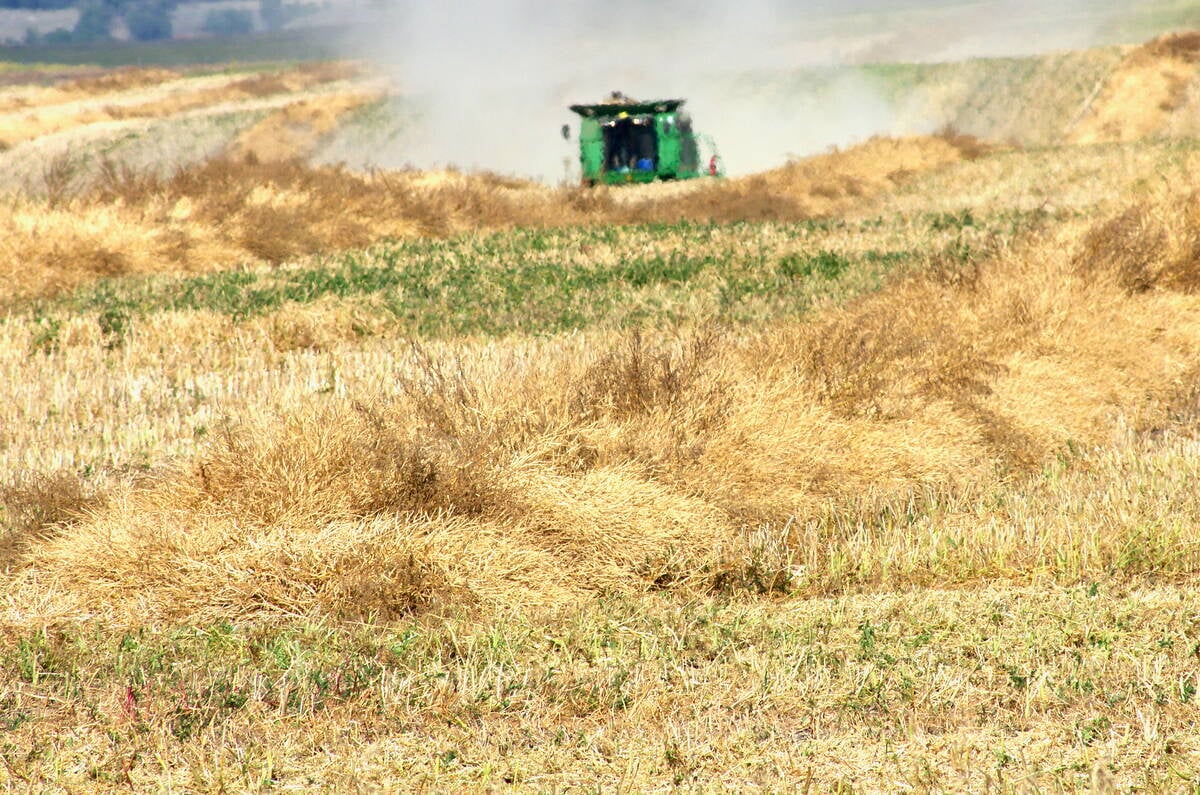The Canadian Wheat Board should lose its monopoly if it cannot publish commercial information that proves its single desk status creates a better deal for grain farmers, says a business think-tank.
The Toronto-based C.D. Howe Institute said wheat board claims that it is a big enough player in world grain markets to affect prices and returns is likely inaccurate.
“If the CWB cannot demonstrate that sole buying and selling authority is necessary to delivering better prices for farmers, it should not have that authority,” said a June 23 commentary by former University of Manitoba agricultural economics professor Al Lyons and Saskatchewan farmer and former grain trader Richard Pedde.
Read Also

Manitoba searches for Plan B on canola oil exports
A new report explores Manitoba’s current canola oil trade and possible alternative markets to the U.S.
“The world wheat market has changed and grown.… If justification ever existed for the CWB’s mandatory status on the basis that its world market power enabled it to generate better prices for domestic farmers, it seems to have passed. It is time for reform.”
The Conservative majority government has promised to introduce legislation this autumn that will end the monopoly Aug. 1, 2012. A fierce political battle in Parliament over the issue is expected through the autumn and winter session.
The business-oriented C.D. Howe research organization is named after a Liberal cabinet minister who in the 1950s was minister of industry in charge of the CWB and its monopoly before the Liberals lost the 1957 election.
The analysis noted that Canada’s share of world wheat production has fallen from eight percent to less than four percent since 1962.
“Meanwhile, Canada’s share of the export market has fallen from over 25 percent to less than 14 percent over the same period. If the CWB ever exerted pricing power in world wheat markets, it seems unlikely or impossible that it should do so now.”
The Howe Institute research paper said a voluntary wheat board could survive with farmer support.














